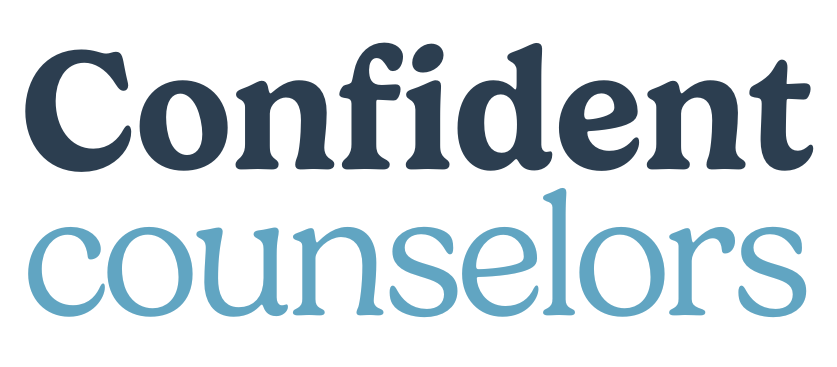SMART goals are incredible tools that can help you measure student progress and structure plans for counseling sessions. SMART Goals also fundamentally changed my approach to counseling by giving students agency and engagement in their own improvement.
During my first five years as a school psychologist, my counseling sessions were full of social skills games, executive functioning checklists, and all the self-esteem projects you could imagine. Kids loved coming to counseling and I thought I was doing a pretty bang-up job until Trey
Trey was a bright, lanky fifth grader who had been seeing me for two months when he caused me to have an existential professional moment,
"Ms. Driscoll, I really like talking to you, but is it, you know, helping me?"
"Of course, it's helping! Now let's talk about what you said to your math teacher this morning."
The truth was after two months, Trey and I had established a strong relationship, but he was still talking back to teachers and crumpled papers were spilling out of his desk like Niagara Falls.
I spent that weekend thinking about Trey's question and my lack of certainty. I knew I had great relationships with students that supported the kind of change I wanted to see in school counseling. They just had no idea why they were there.
I mean, I said the standard
Your teachers are concerned about your behavior in class.
Your parents are worried about your organization.
I heard you have been having trouble getting along with some other students.
While I was honest, I just didn't treat them as partners and guides in their own progress. The next time I saw Trey, we spent the session learning about and setting SMART goals. It changed my practice and I humbly say it changed things for Trey.
Using SMART Goals in Counseling
SMART typically stands for Specific, Measurable, Attainable, Relevant, and Time-Based. Chances are by now, you created SMART goals for yourself in work or graduate school and may have used them in your counseling sessions with students. I will challenge you to take it a couple of steps further.
Brainstorm Possible SMART Goals
Spend time brainstorming with the student. Too often, students come to counseling with the goal decided for them. I certainly guide them in the direction of the referral concern, but they have to want to work on it and see the reason why. We work on coming up with tons of possible goals. Not all ideas are going to be relevant or attainable. Once the student finds the goal they want to work on, then we work on making it SMART.
This SMART Goal lesson has step-by-step lessons and practice examples.
Start with the End in Mind
Begin the next session with that finally tuned SMART goal and work backward. Break the goal into small chunks and map it out by week. The small chunks should be measurable. These small chunks help the goal feel manageable and let the student know when they might be off track or need more time.
Let the Student Hire You
Once a student has clearly defined the goal and broken it down. Ask the student to hire you. Each week, you will create activities to help them achieve their goal. Students love the idea of being in charge and of an adult working for them. This helps the student feel responsible for their improvement rather than feeling like you are.
The Data Does the Talking
Each week you will collect data on how the student is progressing towards their goal. If they want to improve their homework completion or have fewer office referrals or have less drama with friends, we measure it. I love using weekly data to keep the student motivated and show them all the small changes that build over time. Check out this Setting SMART Goals lesson, it comes with a tracking sheet to help manage the data
I understand that the shift I'm pitching is subtle. It may sound like what you already do. I challenge you to reflect on your counseling sessions.
- Is the student making progress toward a well-defined goal?
- Could the student tell someone else what they are working on?
- Does the student know what they are working on each week and why?
- Does the student feel responsible for their growth?
- Do they know why they are there?
In Trey's words, do they know if it's helping?





[…] Why You Should Be Using SMART Goals in Counseling […]